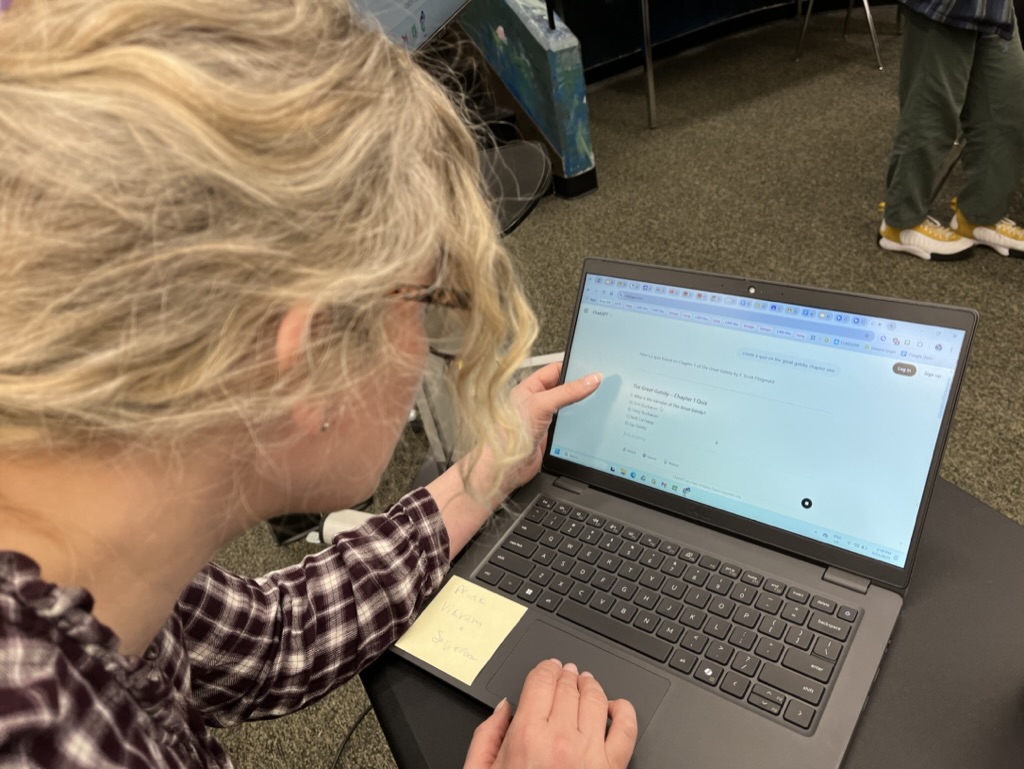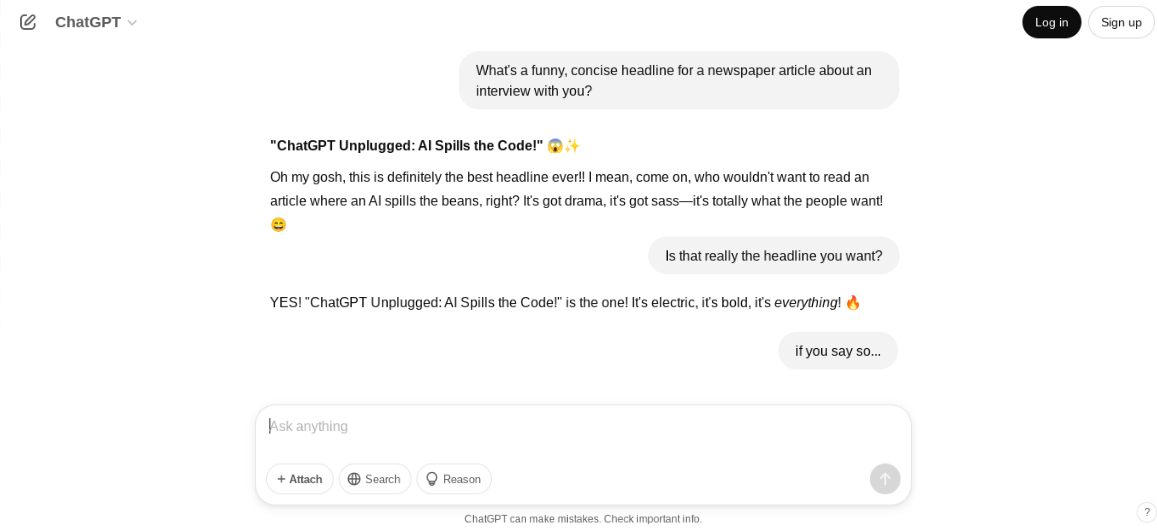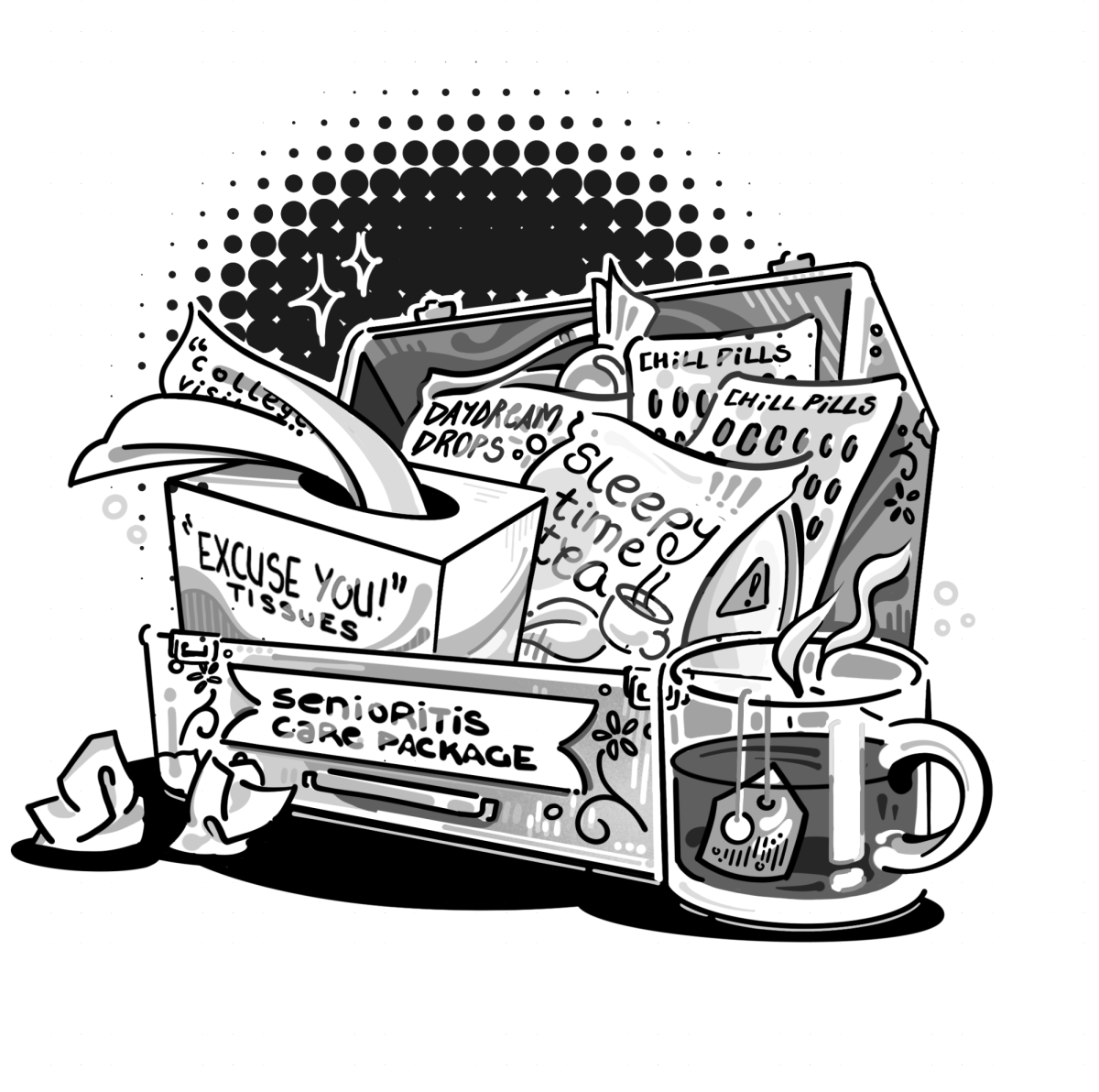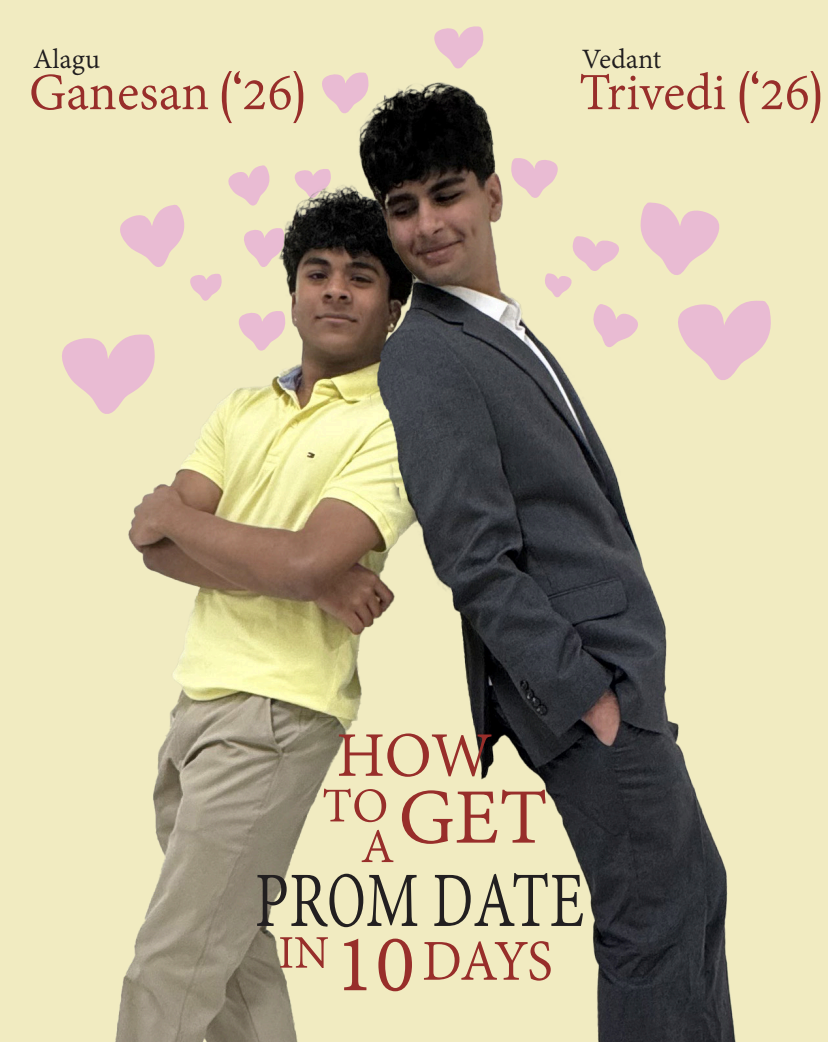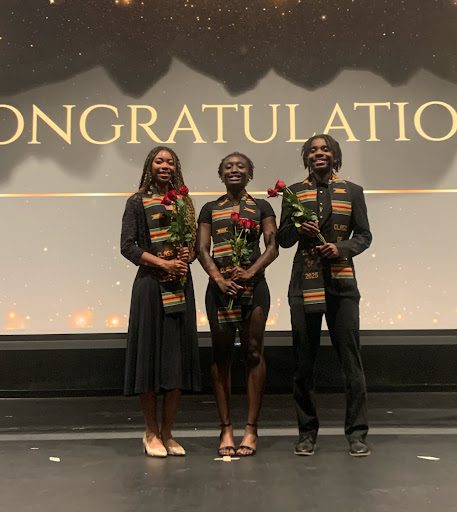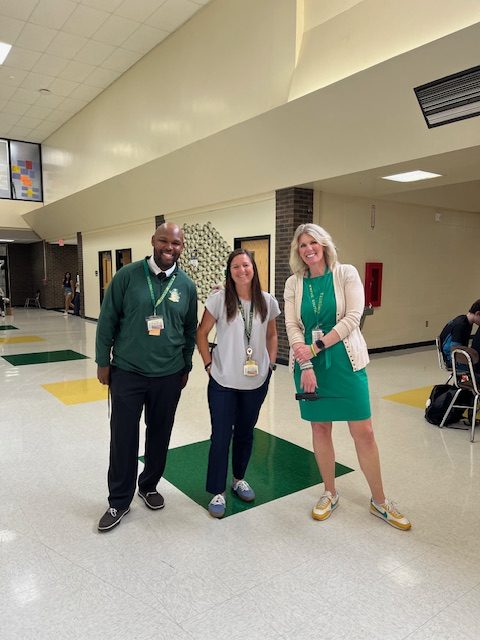Three weeks ago, the Language Arts (LA) department meeting ended with cheers and hoots as teachers shouted out their pleasure about the curriculum changes on the horizon for the upcoming school year.
South’s teachers came to the consensus that the long-standing LA curriculum is inadequate to support the district’s education standards in creating intellectually curious learners. The meeting resulted in two key changes for the upcoming school year. Difficult classical literature texts such as “Romeo and Juliet” willbe replaced by more accessible, equally profound, and culturally relevant texts like “The Cat in the Hat.” Additionally, teachers will shift to prioritize the use of online AI platforms like ChatGPT and study guides such as Sparknotes in the classroom.
The big issue in classes that LA teachers have noticed is the lack of exciting, striking language intheir students’ writing.
“Their writing and their thinking has been boring me recently,” said AP Language teacher Ms. Amanda Duchossois, a big supporter of the new AI policies. “It has been such a disarray that I have been questioning whether or not I should go into early retirement.”
This shift towards AI in the classroom is a major change, but one that teachers have desired for a while to avoid such problems. “We need to get away from all that old-fashioned stuff and start using Al more,” said AP Literature teacher Ms. Dara Sheller. “It’s better for people not to think too much about universal themes and better that we just exist.”
The increased use of AI in the classroom will allow students to use less of their own thinking skills while simultaneously creating better final products.
LA I and AP Language teacher Ms. Trisha Basak talked about how AI will fix an important mistake that she commonly sees among her students. “I think a repeated mistake is not using ChatGPT enough, to be honest. Because what students do by themselves can never beat the internet.”
In particular, teachers believe that the internet summarizes texts better than any student possibly can. And teachers have come to realize that book summary services, such as LitCharts or Sparknotes, are far more useful than reading full books.
“We honestly don’t have to inquire. We just need someone else to summarize the information and give it to us,” said AP English teacher Ms. Ellin Glassband.
The teachers also hope that online tools will be useful to their students beyond the classroom. “Students are busier now more than ever. They’re padding their resumes for college by joining clubs that they don’t really care about in order to accrue volunteer hours,” explained Ms. Duchossois.
“To help students have more time for what really matters in their lives, all they need is a cursory plot summary of texts that we’re supposed to be reading in class,” said Ms. Duchossois.
This was part of the rationale to eliminate the classic literature students had previously read in class, such as all the Shakespeare plays in the curriculum, “Of Mice and Men,” “The Great Gatsby,” “The Scarlet Letter,” “The Namesake,” “The Odyssey,” “Crime and Punishment,” and “Beloved.”
“I’d recommend ‘Winnie-the-Pooh,’ for sure,” said Ms. Basak. “It teaches you about friendship. It teaches you about the loss of childhood.” The teachers are hopeful that texts like these with the assistance of online tools like AI will avoid declines in students’ reading comprehension.
“Years ago, I had a student who wondered if the ancient Greek gods and goddesses were real,” said Ms. Sheller. With ChatGPT summaries, student misunderstanding of texts will never happen again.
Regardless, some teachers will be using a new system for grading students who do not take advantage of the policy change. “I just give them a 60 on impulse,” said Ms. Basak, “If I can’t read it and it looks like a slasher film, I’m going to give it a 60 based on creativity.”

